Article: Is retinol worth it?

Is retinol worth it?
Retinol is generally considered safe for use in skincare when used properly and in appropriate concentrations. However, it's important to follow recommended guidelines and use caution, especially for individuals with sensitive skin. Here are some key points to consider regarding the safety of retinol:
-
Potential Side Effects: Retinol and other retinoids can cause skin sensitivity, dryness, redness, and flaking, especially when first starting to use them. These side effects are typically mild and can be minimized by starting with a lower concentration and gradually increasing its use over time. It's also crucial to moisturize the skin adequately and use a broad-spectrum sunscreen during the day when using retinol, as it can increase the skin's sensitivity to the sun.
-
Sensitivity and Allergic Reactions: Some individuals may be more prone to sensitivity or allergic reactions to retinol. If you have a history of skin sensitivity or allergies, it's advisable to patch test the product on a small area of skin before applying it to the entire face. If you experience any severe or persistent adverse reactions, discontinue use and consult a dermatologist.
-
Pregnancy and Breastfeeding: Oral retinoids, such as isotretinoin (Accutane), are known to have harmful effects on fetal development and should be strictly avoided during pregnancy. When it comes to topical retinol, it's generally recommended to consult with a healthcare professional before using it during pregnancy or while breastfeeding to ensure the safety and appropriateness of its use.
-
Proper Use and Gradual Introduction: To minimize potential side effects, it's crucial to introduce retinol gradually into your skincare routine. Start with a low concentration and apply it every few nights, gradually increasing frequency as your skin adjusts. It's also essential to follow the product's instructions and any guidelines provided by your dermatologist or skincare professional.
-
Consultation with a Dermatologist: If you have any concerns about using retinol or if you have specific skin conditions, it's best to consult with a dermatologist. They can assess your skin's needs, recommend appropriate products or formulations, and provide personalized advice based on your individual circumstances.
Remember, retinol is a powerful ingredient that can yield significant benefits for the skin, such as improved texture, reduced fine lines and wrinkles, and enhanced skin tone. However, each individual's response to retinol may vary, so it's essential to listen to your skin and adjust usage accordingly.

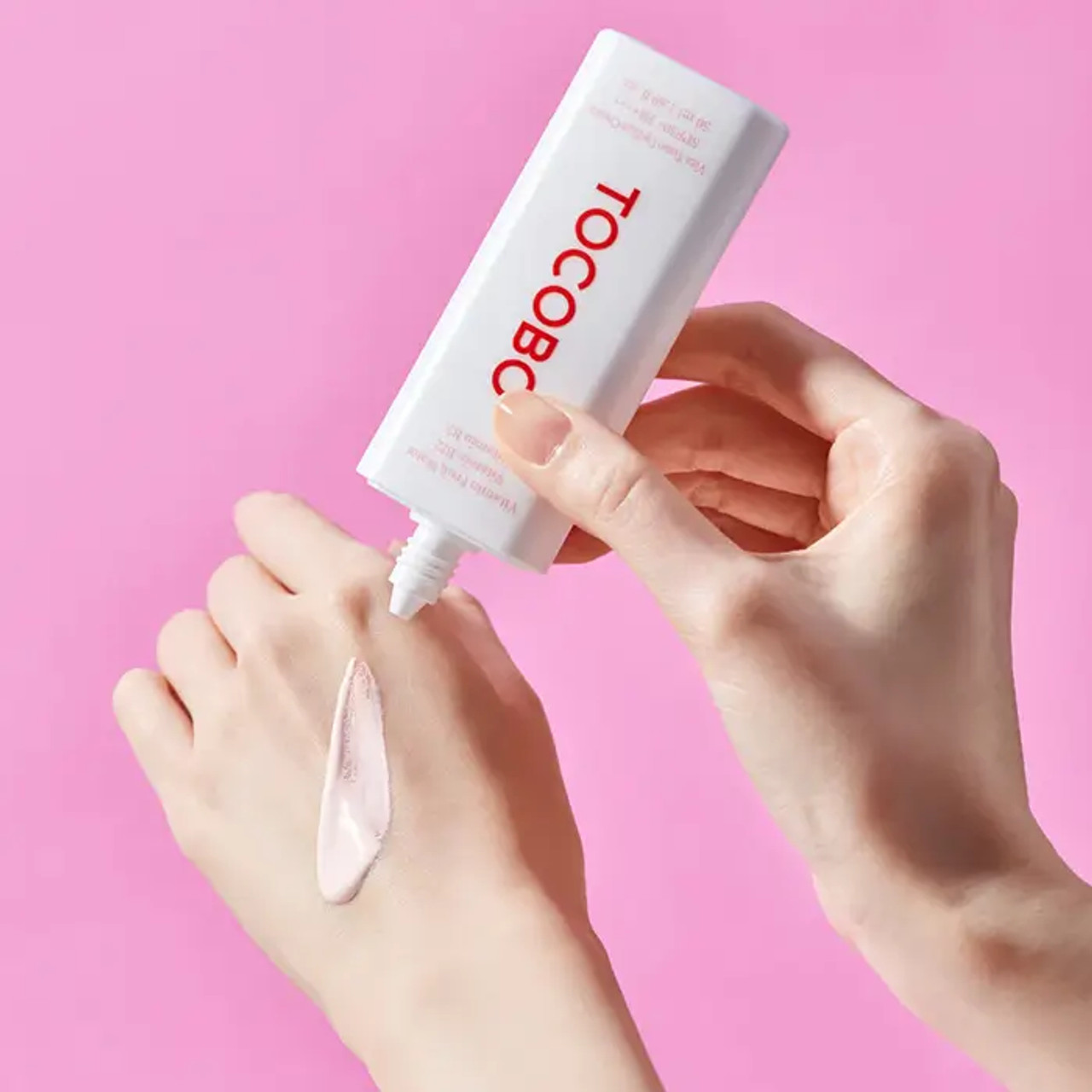
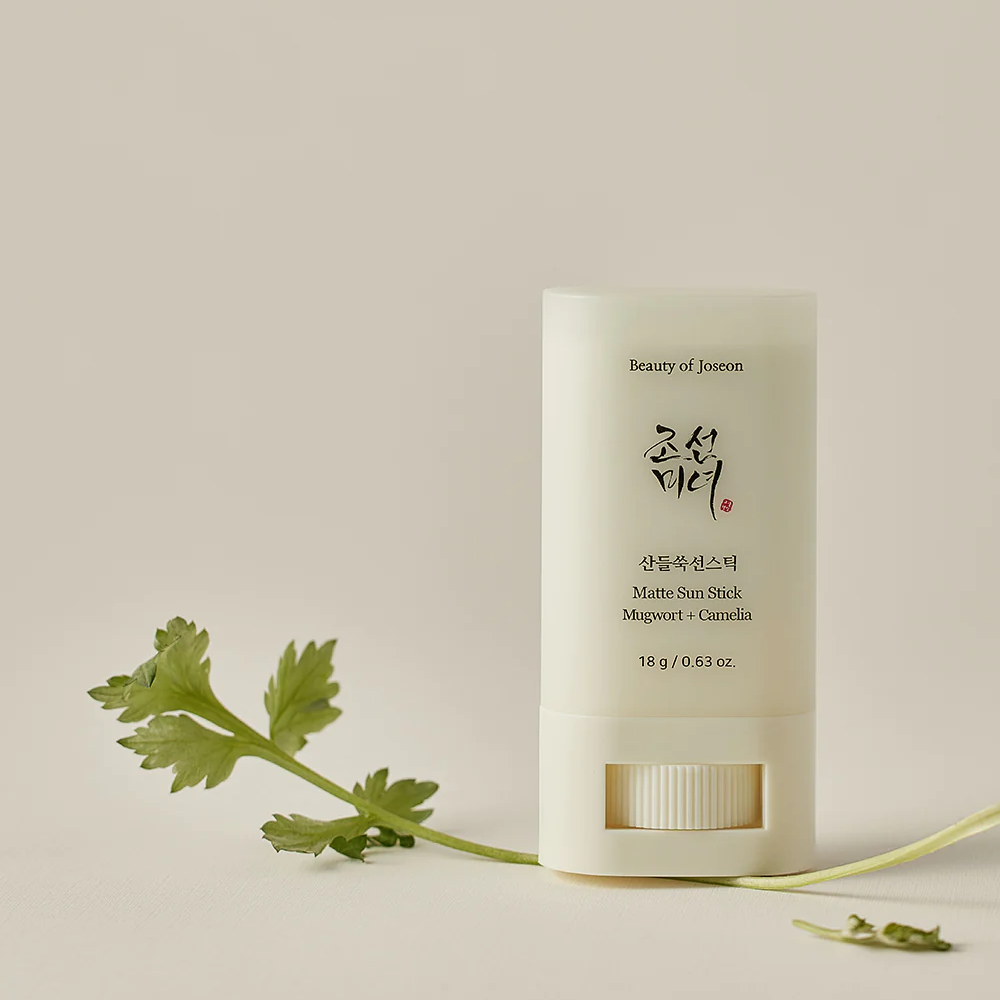
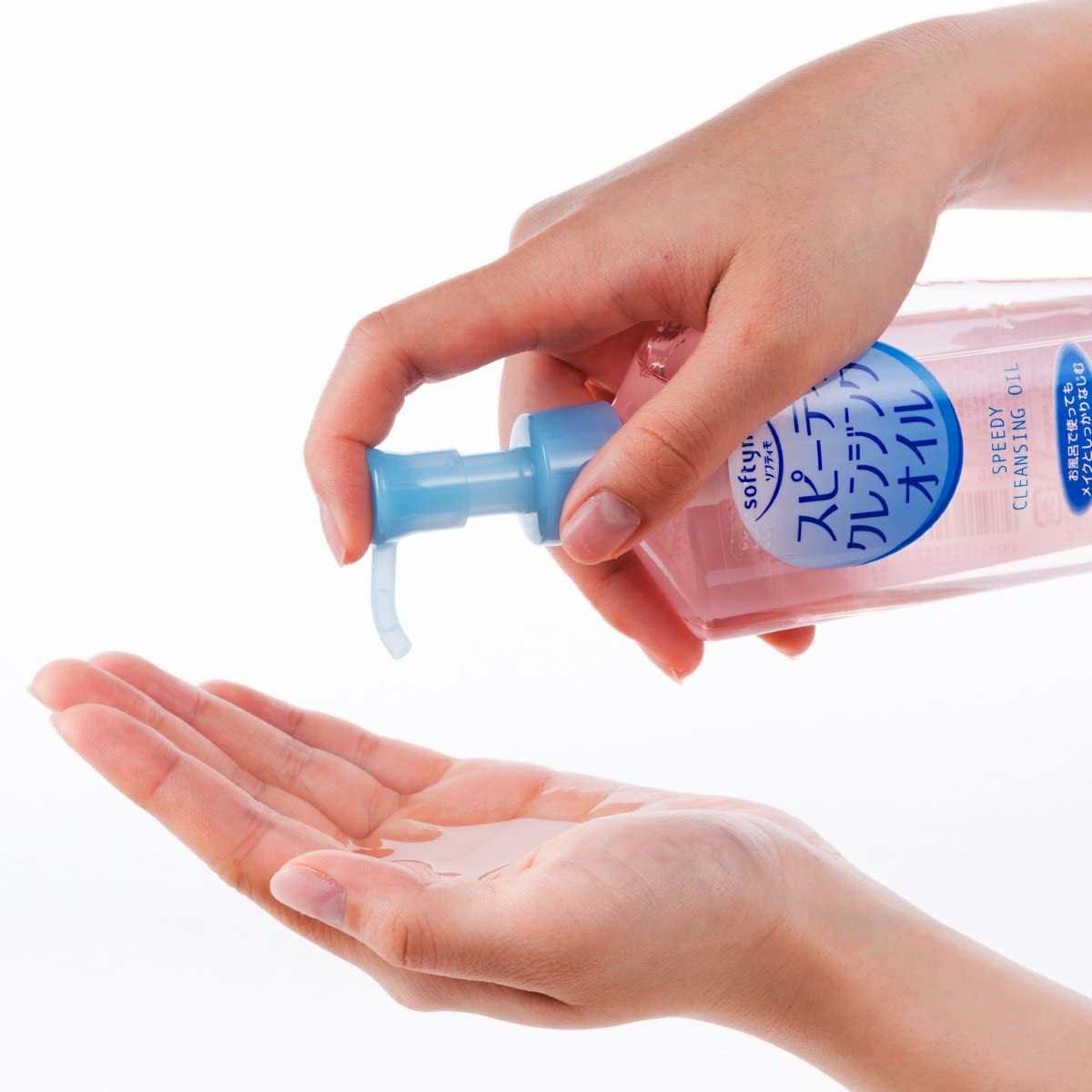
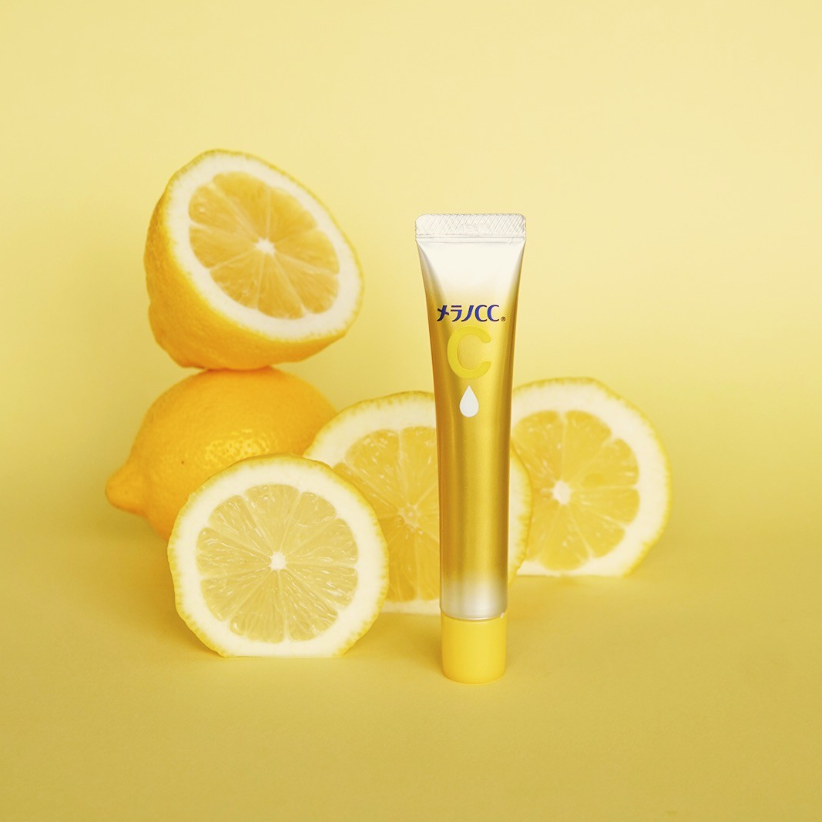
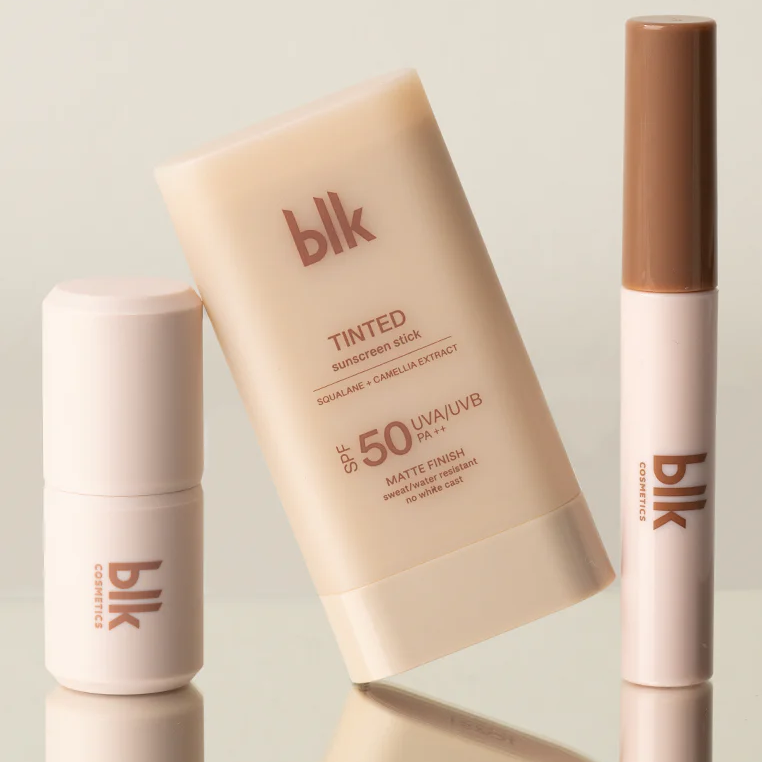
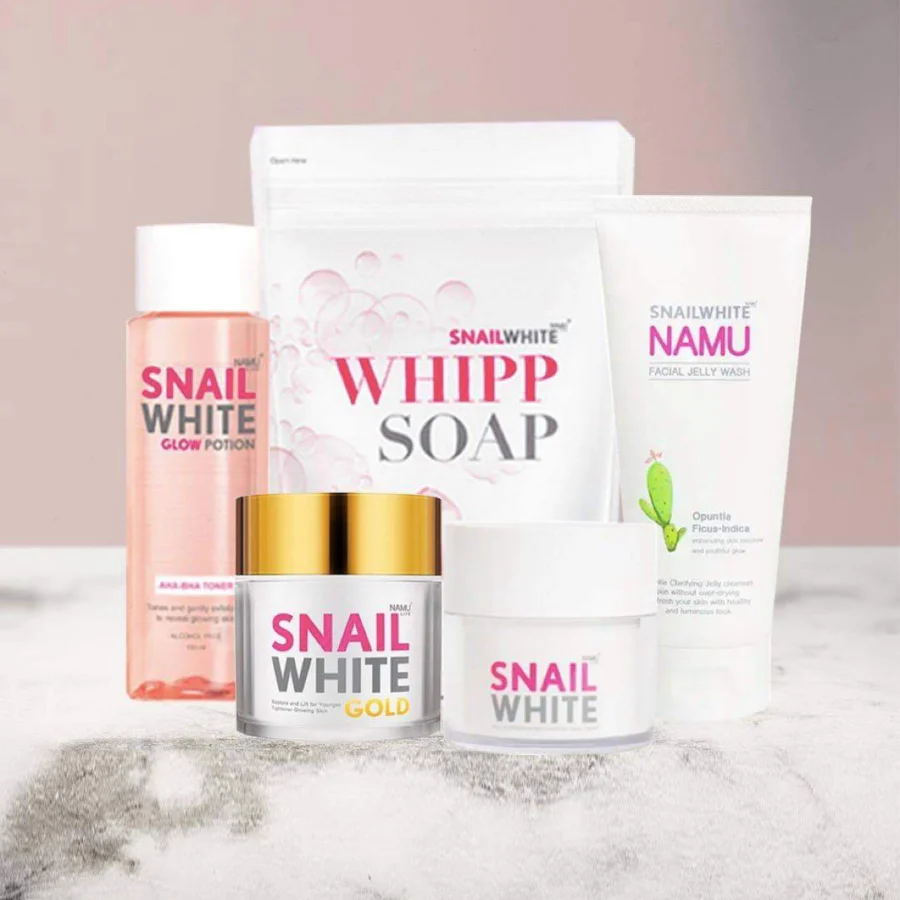
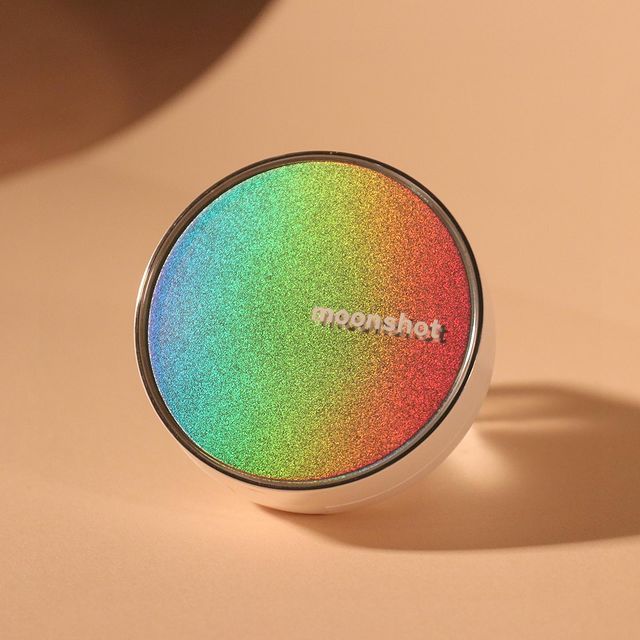
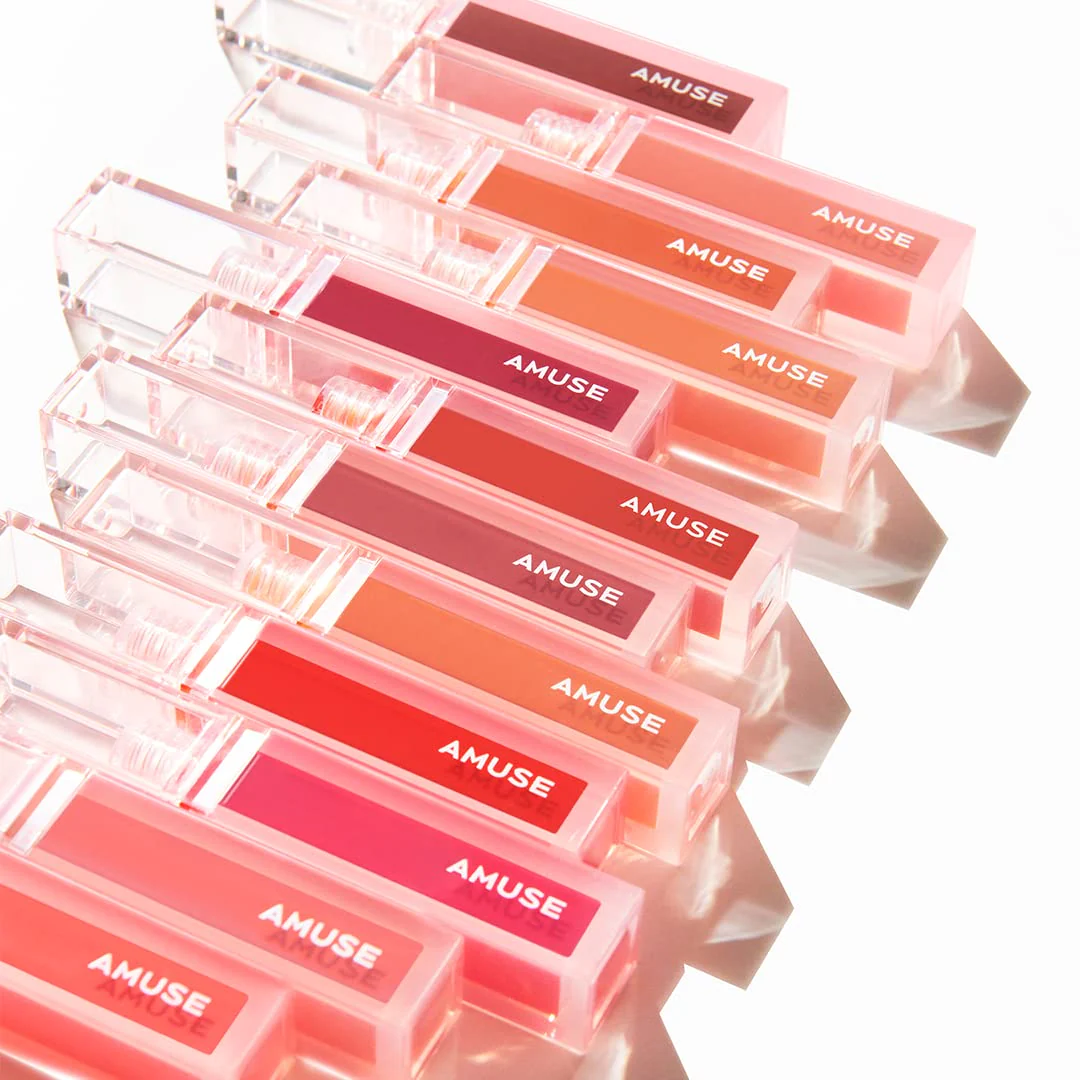
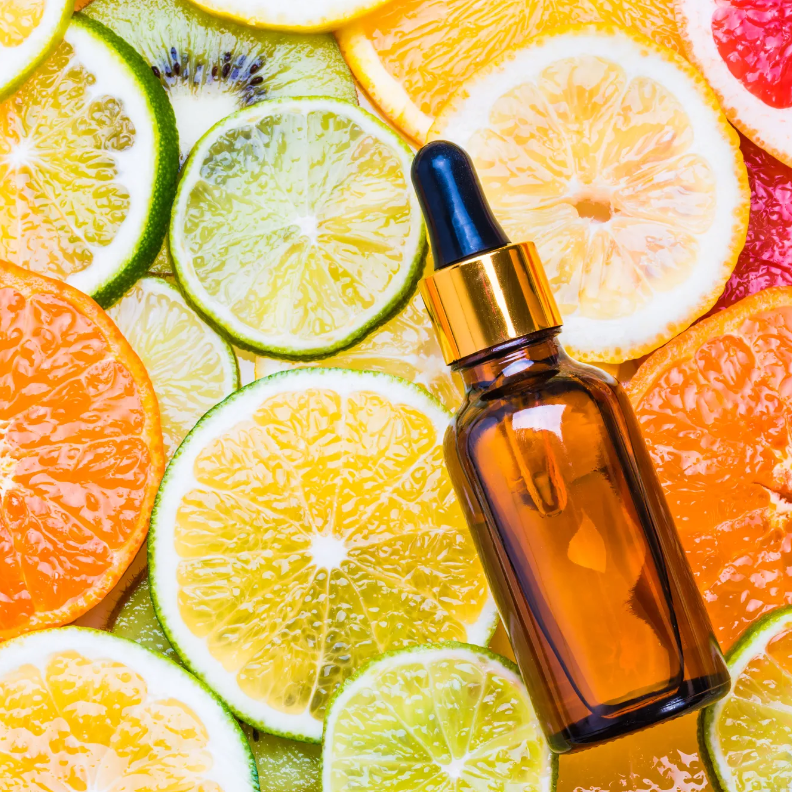
Leave a comment
This site is protected by hCaptcha and the hCaptcha Privacy Policy and Terms of Service apply.